The laughing crying emoji PNG has been a viral staple across internet culture for over a decade. From reaction memes to YouTube thumbnails, Discord chats to TikTok edits, this expressive emoji continues to symbolize pure, exaggerated laughter — often with a layer of irony. In this guide, you’ll discover what makes this emoji so enduring, how it evolved in PNG format, and where to copy or download it for your content.
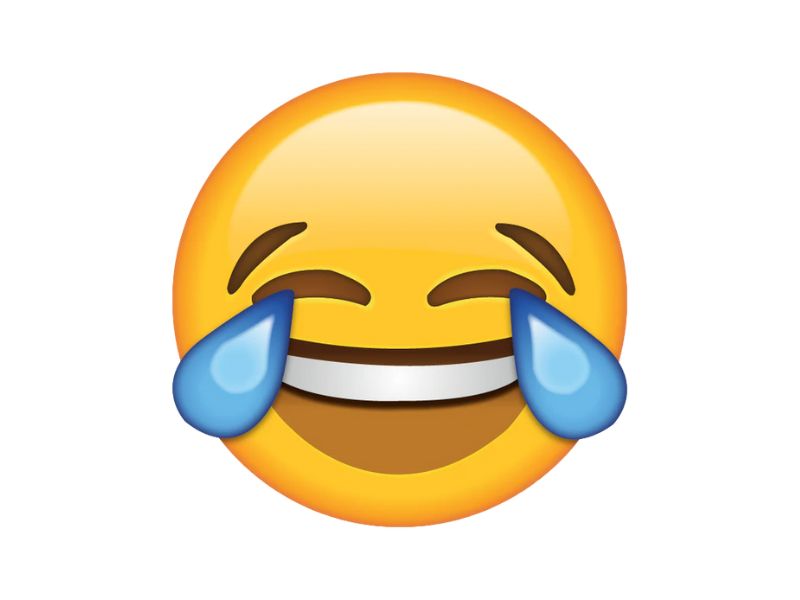
What Is the Laughing Crying Emoji PNG?
It’s a high-quality image version of the emoji — often used for memes, digital art, video edits, and aesthetic layouts. Unlike the standard emoji keyboard version, a PNG version allows creators to:
- Use transparent backgrounds
- Resize without losing quality
- Layer into thumbnails, reels, or slideshows
Many PNGs also stylize the emoji for extra exaggeration — like stretched eyes, tilted heads, or Photoshop-enhanced tears.
Why People Still Use This Emoji
Despite newer emojis and formats, the laughing crying emoji is still widely loved because:
- It’s instantly recognizable
- It crosses cultural and language boundaries
- It exaggerates emotion in a funny, relatable way
- It adds humor to even dry or sarcastic posts
Plus, in PNG format, it becomes part of meme-building culture — placed next to captions or faces for comic relief.
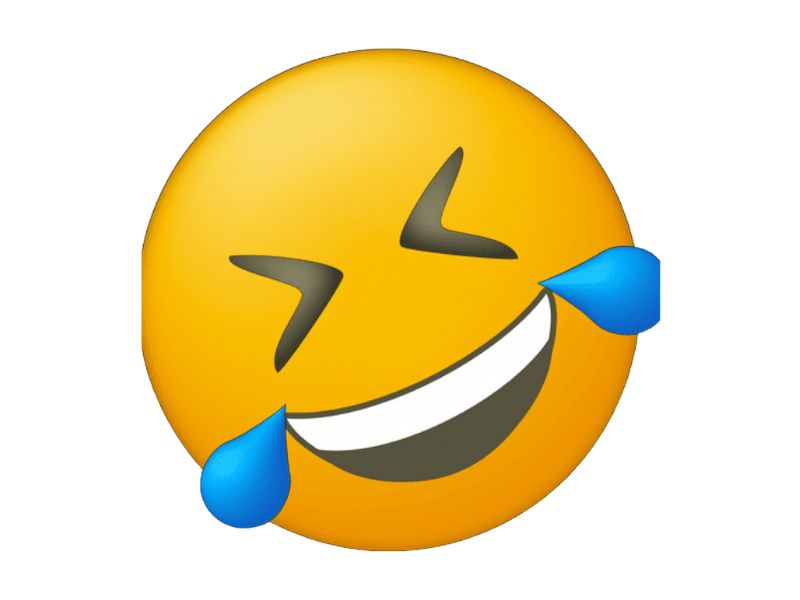
Common Use Cases for Laughing Crying Emoji PNG
1. Meme Edits
Creators paste it into:
- Twitter/X screenshot edits
- Tumblr humor posts
- Reaction collages
2. YouTube or TikTok Thumbnails
It adds instant comedy and relatability, especially when combined with zoomed-in faces or bold text.
3. Discord and Forum Avatars
Some users set stylized PNGs as their profile pic for comic identity.
4. School Presentations or Slides
For Gen Z students adding flair to otherwise boring slides.
5. WhatsApp Stickers
Converted PNGs become part of custom sticker packs.
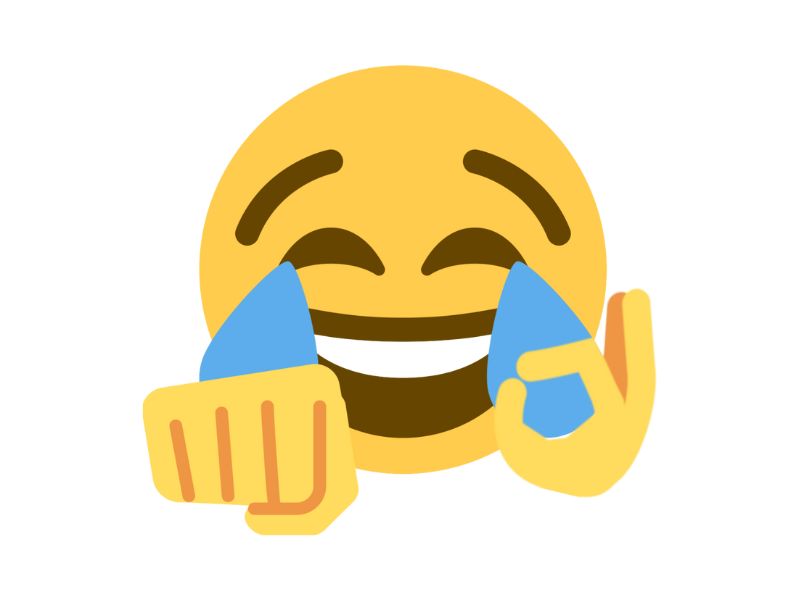
Where to Download or Copy the PNG Version
You can find curated laughing crying emoji PNGs on websites like:
- Transparent PNG repositories
- Sticker sites
- Fan-made meme template pages
Look for versions that are:
- 512×512 or higher resolution
- With clear or transparent background
- Styled (angled, warped, stretched) for humor
Avoid low-res or watermarked ones that lower visual impact.
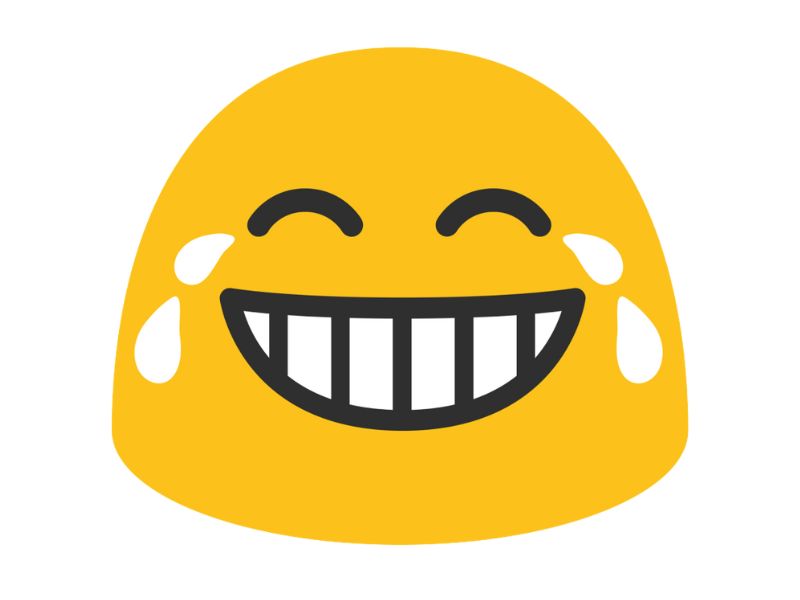
Copy-Paste Workarounds
While you can’t “paste” PNGs like emojis in plain text, you can:
- Save the image and drag it into your design
- Convert PNGs into stickers (for WhatsApp/Telegram)
- Screen-record it for TikTok overlay
And for fast reaction posts, just type the emoji with added emphasis (e.g., typing it five times in a row or in bold caps).
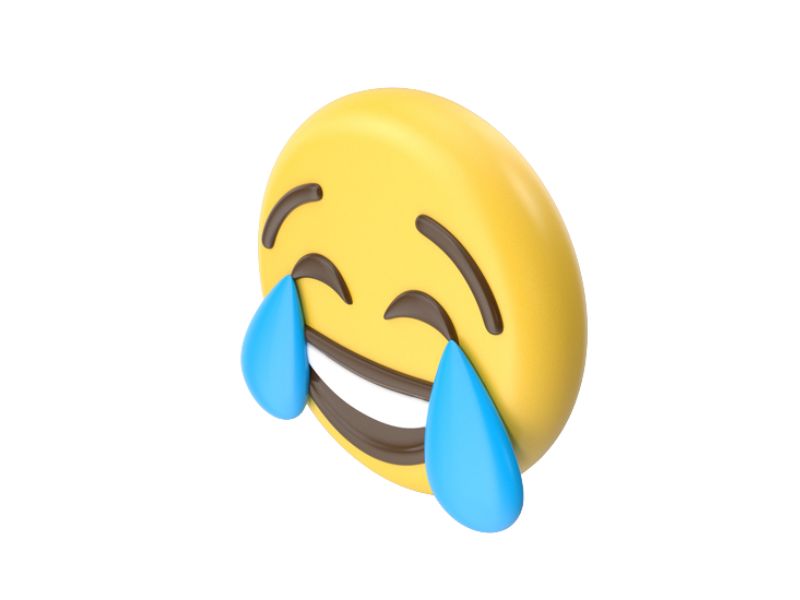
Why PNG > Emoji in Some Cases
A PNG version:
- Feels more “meme-ready”
- Offers visual freedom for creators
- Avoids platform rendering inconsistencies
It’s especially popular with editors, memers, and digital artists who want total control over how it appears.
Cultural Meaning and Evolution
Once the most-used emoji globally, has gone from sincere laughter to ironic meme. In PNG form, it often exaggerates that irony — making it ideal for meta jokes, sarcastic replies, and absurdist humor.
It’s also a generational signal: older users use it literally, younger users ironically. PNG formats lean into that generational play.
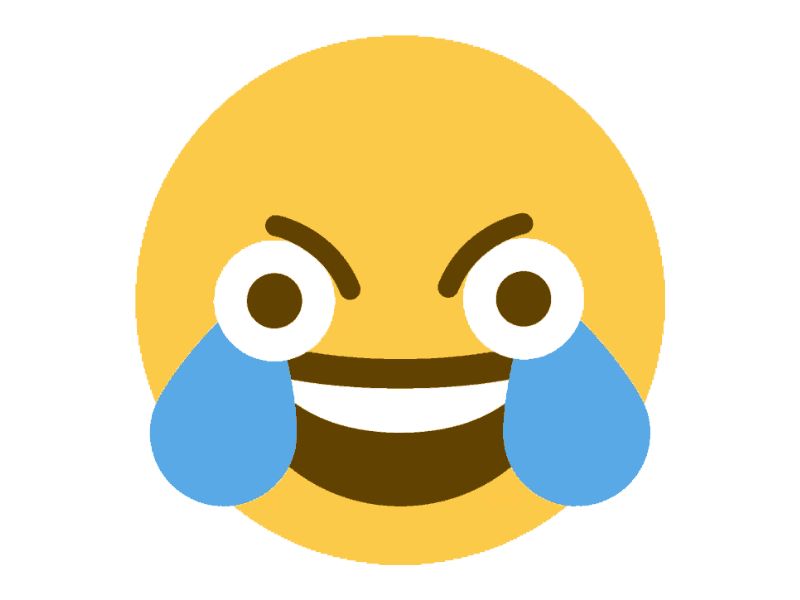
Alternatives and Variations
Creators also remix or pair laughing crying emojis with:
- Skull emoji (to say “I’m dead” from laughing)
- Zoomed-in tears or bulging eyes
- Comic Sans captions
- Tilted head PNGs (to simulate leaning from laughter)
These combos often appear in TikTok humor edits or Gen Z memes.
Final Thoughts
The laughing crying emoji PNG isn’t going anywhere — it’s a timeless, adaptable tool in internet expression. Whether you’re crafting ironic memes or just want to visually say “this is hilarious,” having a good PNG version at your fingertips is a must. Find your favorite version and explore more expressive emoji layouts at emojihub.online.